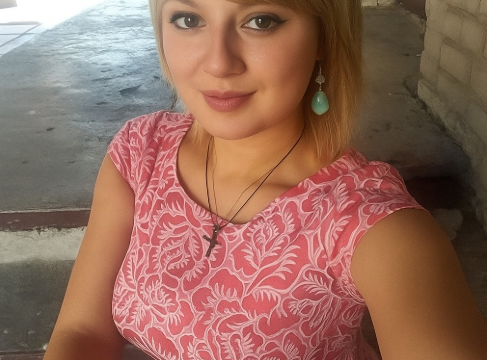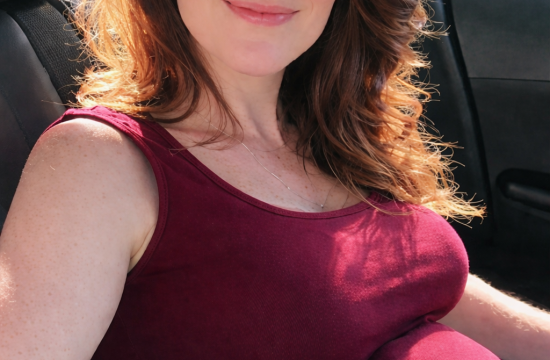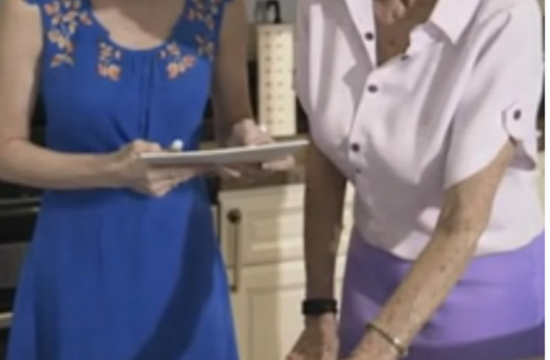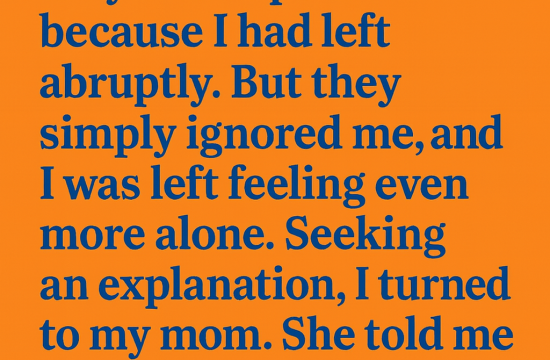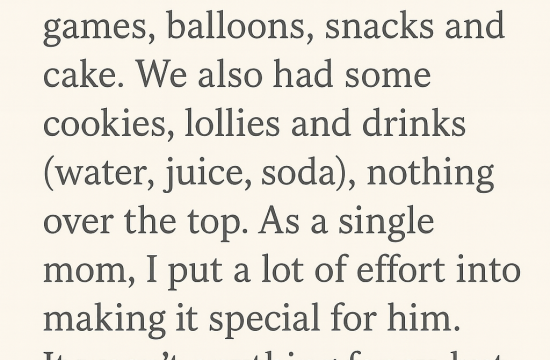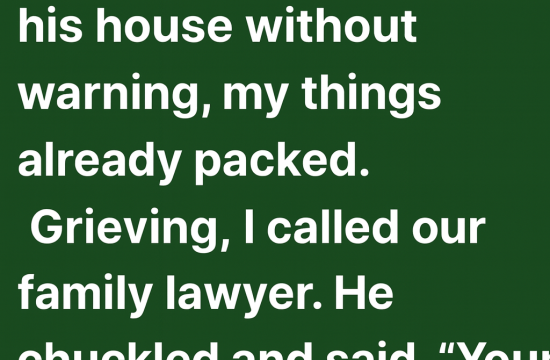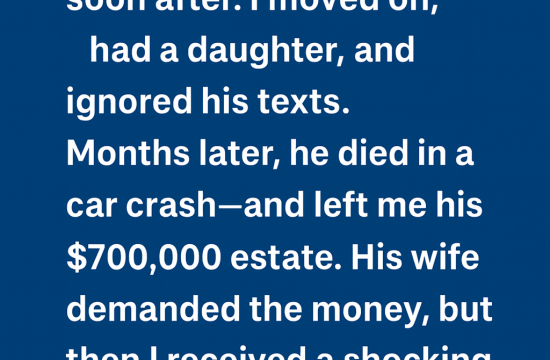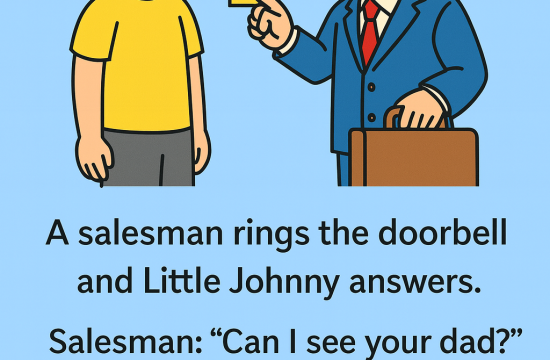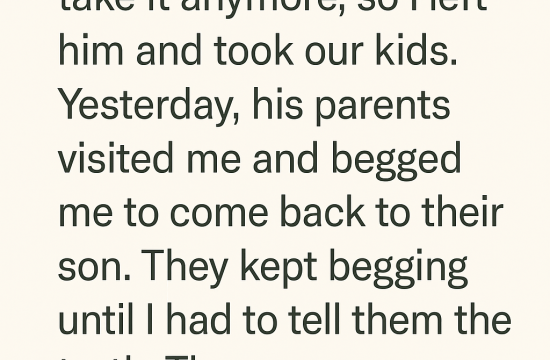My best friend perished in a car crash seven years ago. Her phone was never recovered.
Last night, a text arrived—from her number.
It wasn’t just words. It was a photo. A photo of us laughing at her 16th birthday.
My chest tightened. That picture was never posted online. She had taken it on her phone. Only she and I ever had it.
Shaking, I typed: “Who is this?”
Three dots appeared. I froze. Then the reply:
“Check your…”
And nothing else.
I dropped the phone onto the bed as if it were on fire. My palms wouldn’t stop trembling.
That night, sleep was impossible. My mind darted between explanations—prank, scam, some cruel joke. But the pit in my stomach told me otherwise. Something deeper.
At 2:34 a.m., curiosity overpowered fear. I picked up the phone again. Enlarging the photo, I noticed something I had missed before.
Behind us, in her bedroom mirror, a sticky note was taped. Her handwriting. It read:
“July 5 – library box.”
My breath caught. July 5 was next week.
In high school, we had a secret game. The “library box.” A community free library stand at Elm and Greystone. We would slip notes inside, calling it our time capsule. We stopped using it, but never told anyone.
I hadn’t visited in years. Now, I had no choice.
The next morning, I skipped work and drove to the spot. The white-painted wooden stand was peeling with age. Inside were dusty cookbooks and romance novels. I searched carefully until my fingers brushed something wedged behind a gardening magazine.
An envelope. Pale blue. My name on the front.
Hands trembling, I opened it.
Inside lay a folded note—and her dolphin keychain, the one that never left her backpack.
Her handwriting was steady:
“If you’re reading this, something happened. I dreamed I wouldn’t survive the summer. Please don’t be scared. Please just… remember me. Keep laughing.”
I sat on the curb, stunned. She had never told me about this dream.
Days passed. No more texts. Then, on July 5, the phone buzzed again.
“Did you find it?”
My heart pounded. I didn’t answer.
Another text followed.
“I knew you would.”
And then:
“I left one more thing. You deserve honesty. Visit the cabin. The attic.”
The cabin. Her family’s place at Lake Willow. Summers filled with fireflies, swimming, and songs on the porch. After the crash, her parents sold it.
Now, it was an Airbnb. By chance, a weekend was available. I booked it immediately.
When I arrived, the cabin hadn’t changed much. The green couch, the creaky floorboard, the chipped porch rail—they all remained. Memories washed over me like waves.
In the attic, dust choked the air. Boxes and crates piled high. Then, in the corner, I saw it: a small, rusted tin, scratched with our initials—L & S.
Inside were Polaroids of our summers. And a cassette labeled:
“If I’m Gone – Play Me.”
It took hours to find a cassette player from a local antique shop. My hands shook pressing play.
Her voice filled the room.
“Hey. If you’re hearing this, I didn’t make it. You always said I had a sixth sense… maybe I did.”
She laughed softly, the sound tearing my chest open.
Then her voice cracked.
“I need you to know. I wasn’t alone that night. There was someone else. He didn’t want anyone to know about us. Said it would complicate things. We fought. He texted while driving. Then everything went black.”
The player nearly slipped from my hands.
Her voice returned, strained:
“If I don’t survive… his name is Carter Blake. He’ll lie. He always lies. But he was there.”
I froze.
Carter Blake. The name was familiar. Older than us. Drove a black Mustang. I remembered him flirting with her once.
Now, he was running for city council. Polished. Admired. Untouchable.
I copied the tape. Sent it to the local paper. Another to the police. And one more, directly to him, with a note:
“You forgot something. Her voice.”
Weeks passed. Then, the news broke.
Blake withdrew from the race citing “personal reasons.” But the paper leaked the audio. Authorities reopened the case. His reputation shattered.
That night, another text buzzed.
“Thank you.”
I typed: “Was it really you?”
No reply.
Just one last message.
“Now laugh again.”
Tears blurred my vision. I hadn’t truly laughed in years.
After that, the number went silent.
Months later, an envelope arrived with no return address. Inside was a photo of me at the cabin, taken from behind through the attic window.
I should have felt fear. But I didn’t.
Love doesn’t end at death. Some bonds echo, refusing to fade.
Her truth came out—not for vengeance, but for love. For loyalty. For laughter.
And when her mother reached out to me after the article, we planted a tree by the old library box. A plaque beneath it read:
“For L – May the truth always bloom.”
Some friendships don’t end. They just change form. They linger. They guide. Sometimes… they even text.


